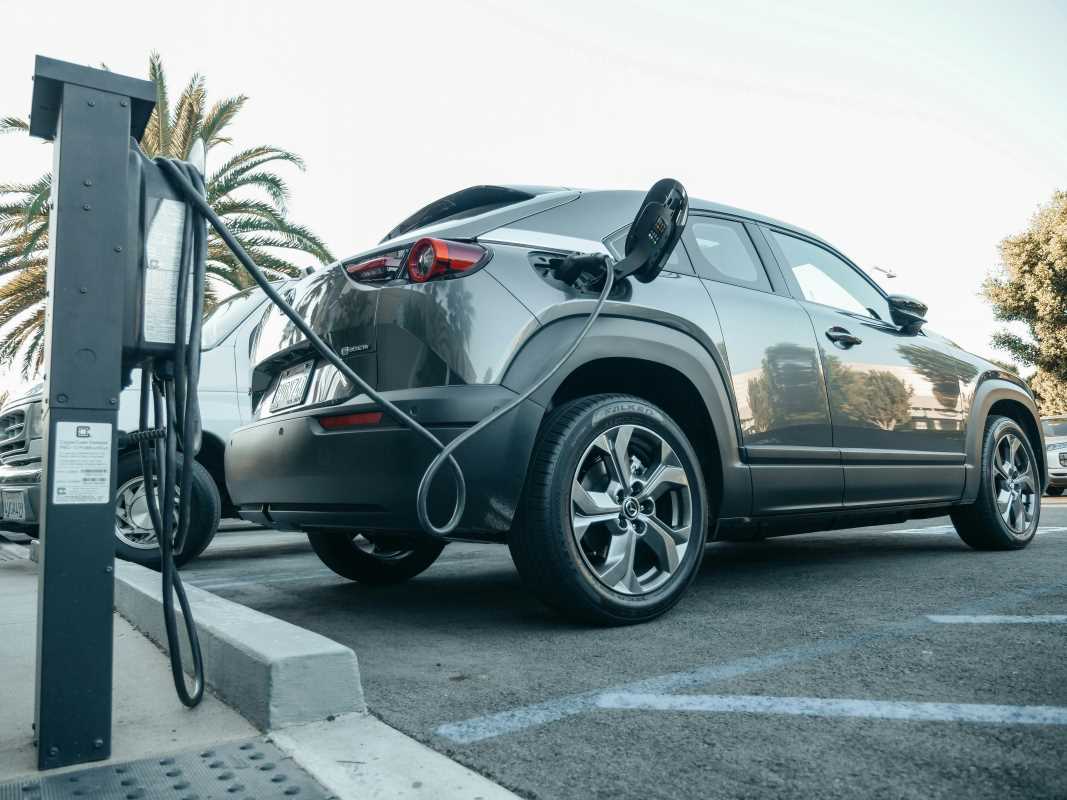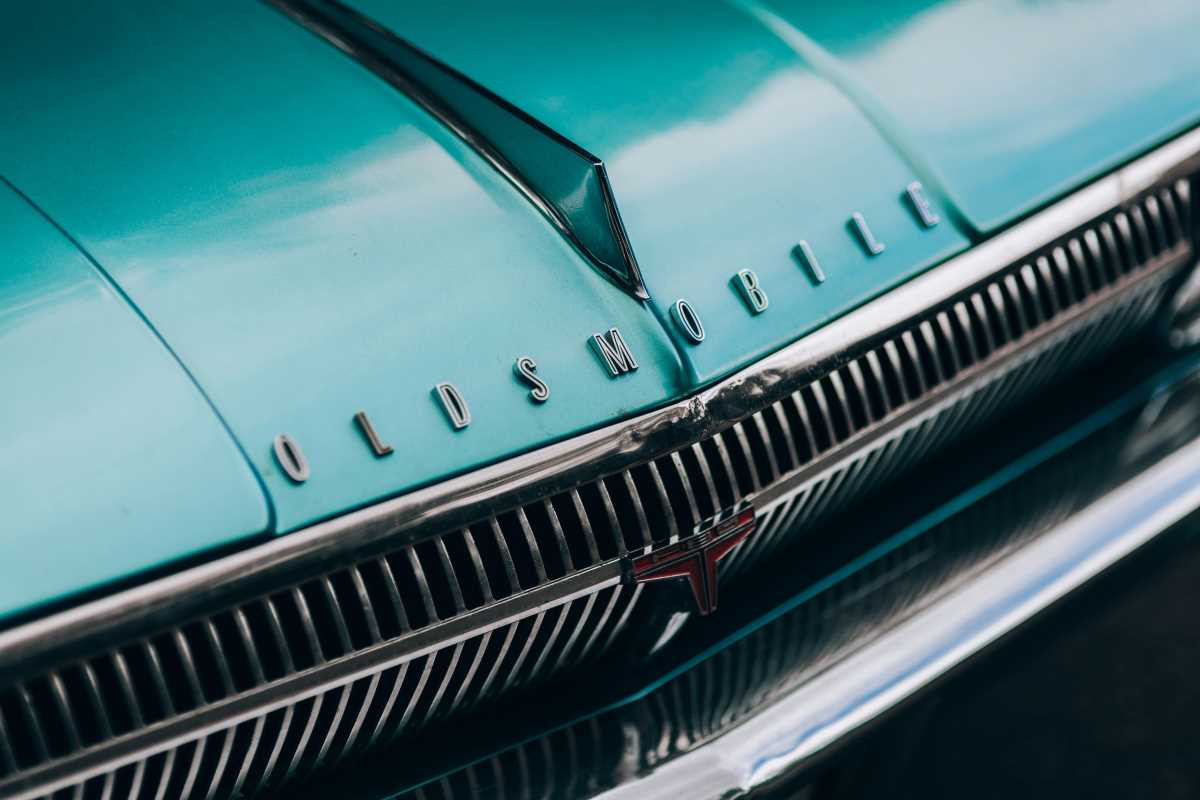Buying a car can feel like navigating a maze filled with endless options, price tags, and promises that may or may not hold up. Somewhere between new cars that smell expensive and used vehicles that might make you a little nervous, there lies a sweet spot called certified pre-owned (CPO).
Certified pre-owned vehicles offer the perfect blend of affordability, dependability, and peace of mind, but not all CPO programs are created equal. Knowing what to look for can help you lock in a great deal while sidestepping the lemons.
Whether you’re a seasoned car buyer or venturing into the pre-owned market for the first time, here’s everything you need to know about evaluating certified pre-owned vehicles like a pro.
Understanding What Makes a Car Certified
First, let's tackle the “certified” part of the certified pre-owned label. Unlike a regular used car, a certified pre-owned vehicle has gone through an in-depth inspection by a dealership or manufacturer to ensure it meets strict standards. Think of it as the VIP club of the used car world, where only the well-behaved members get the badge.
Certification criteria can vary by manufacturer, so it pays to dig into the details. Typically, CPO cars are newer, have low mileage, and show no evidence of major accidents or abuse. They come backed by warranties, often with extended coverage beyond what’s offered for traditional used cars. Some programs even include perks like roadside assistance, complimentary maintenance, or a trial subscription to satellite radio services.
Make sure the “certified” status comes directly from the manufacturer, not just the dealership. Manufacturer-certified programs tend to have more rigorous standards and better benefits.
Benefits That Make Certified Pre-Owned Vehicles Worth Considering
CPO vehicles strike the perfect balance between cost and quality. They’re often significantly cheaper than their new counterparts while offering reliability that rivals many new cars. Add in warranties, and you’ve got a compelling deal. But what exactly makes them stand out?
Here are a few of the most notable perks:
- Comprehensive inspection: CPO programs involve multi-point inspections covering everything from engine health to tiny cosmetic details.
- Extended warranties: Many CPO vehicles come with coverage that rivals new car warranties, offering peace of mind if something goes wrong mechanically.
- Roadside assistance: Breaking down is no fun, but programs often include complimentary towing, jump-starting, or lockout services.
- Loaner car benefits: Some CPO deals include free access to a loaner vehicle during servicing.
- Trial services and perks: Extras like satellite radio trials or free maintenance services sweeten the deal even further.
While these benefits sound great, always read the fine print. Knowing the specific terms and coverage can prevent unpleasant surprises.
Key Points to Inspect Before Committing
Remember, “certified” doesn’t mean perfect. Even if a car passed an inspection, you’ll want to give it a good once-over yourself. Buying a CPO vehicle is a major investment, so don’t be shy about digging into the details before you finalize the deal.
Start with the exterior. Walk around the vehicle and look for obvious scratches, dents, or mismatched paint, which could point to previous damage. Check the tires for even wear, and peek underneath the car for leaks or signs of rust. A clean exterior should match a well-maintained interior, so inspect the seats, dashboard, and carpeting for signs of wear or water damage. A car might check all the mechanical boxes but still not feel like the right fit if it’s been neglected in other ways.
Test drive the car to ensure it feels smooth and solid on the road. Pay attention to how it accelerates, brakes, and handles bumps. Don’t ignore odd noises, burning smells, or dashboard warning lights. A certified label might put your mind at ease, but trust your instincts if the car isn’t giving you confidence.
Questions to Ask About Certification and History
Before signing the dotted line, ask plenty of questions. A trustworthy dealership should be transparent about the car’s history and certification process. Here’s what to focus on:
- Inspection details: How many points were covered in the inspection? Was it performed by a manufacturer-certified technician?
- Maintenance history: Can you review records showing oil changes, repairs, and other services? Regular maintenance is a good sign of how a car was cared for.
- Ownership history: How many people have owned this car? Was it used for personal driving or as a fleet or rental vehicle?
- Warranty coverage: What’s included in the warranty? Are there limits to mileage, time, or what repairs are covered?
- Certification specifics: Is this vehicle certified under the manufacturer’s program? How does their program compare to others?
Knowing the answers to these questions can help you avoid potential red flags and clarify what exactly you’re paying for.
Doing Your Homework on the Deal
Certified pre-owned vehicles often come at a premium compared to standard used cars, and for good reason. You’re paying extra for thorough inspections, warranties, and associated perks. However, that doesn’t mean you should skip checking prices.
Use online tools to research the going rate for the make and model you’re considering, comparing prices for both CPO and non-CPO options. Make sure the pricing lines up with what you’re getting. Pay particular attention to mileage and included features, that premium should feel justified based on the peace of mind you’re buying.
Don’t forget about financing. Dealerships sometimes advertise lower interest rates for CPO cars, which can lower your overall costs. Just make sure the terms work for your budget and that any fees or add-ons don’t undo the savings.
Avoiding Pitfalls of the CPO Market
No buying decision comes completely risk-free, and certified pre-owned vehicles are no different. While their inspections and warranties reduce some of the risks associated with used cars, there are still a few potential downsides to consider.
Certified cars can carry a significantly higher price tag than non-certified used vehicles, so you’ll need to weigh whether the added benefits justify the cost. Additionally, some dealerships might label cars as “certified” based on looser criteria than the manufacturer’s official CPO program. Being informed and asking the right questions can help you avoid these pitfalls.
Finally, warranties on CPO cars, while comprehensive, aren’t unlimited. Be sure to read the fine print to understand what’s included and what isn’t. Items like routine maintenance might fall outside of coverage, even if the car's main systems are protected.
Taking Advantage of the Perks
The advantages of a certified pre-owned vehicle go way beyond the inspection itself. Many buyers don’t realize just how many extras they can score, and these perks can add serious value.
For instance, CPO programs often include complimentary roadside assistance for a certain timeframe. If you break down or lock your keys inside your car, help is just a phone call away. Some even offer bonus maintenance visits, reducing out-of-pocket costs in the first year of ownership.
And then, there’s the human factor. You’re likely buying from a reputable dealership with a desire to uphold the quality of their certified pre-owned program. That’s a layer of accountability you don’t always get with standard used car purchases.
Making the Final Decision
Ultimately, certified pre-owned vehicles are an excellent middle ground for buyers looking for reassurance without the full cost of new cars. They come with the inspections, warranties, and perks that give you confidence in your purchase.
That said, no two CPO deals are alike. Paying attention to the car’s condition, the terms of its certification, and its price will help you make an informed decision. Above all, don’t rush the process. A little extra diligence now can save you from headaches and regrets later.
 (Image via
(Image via





